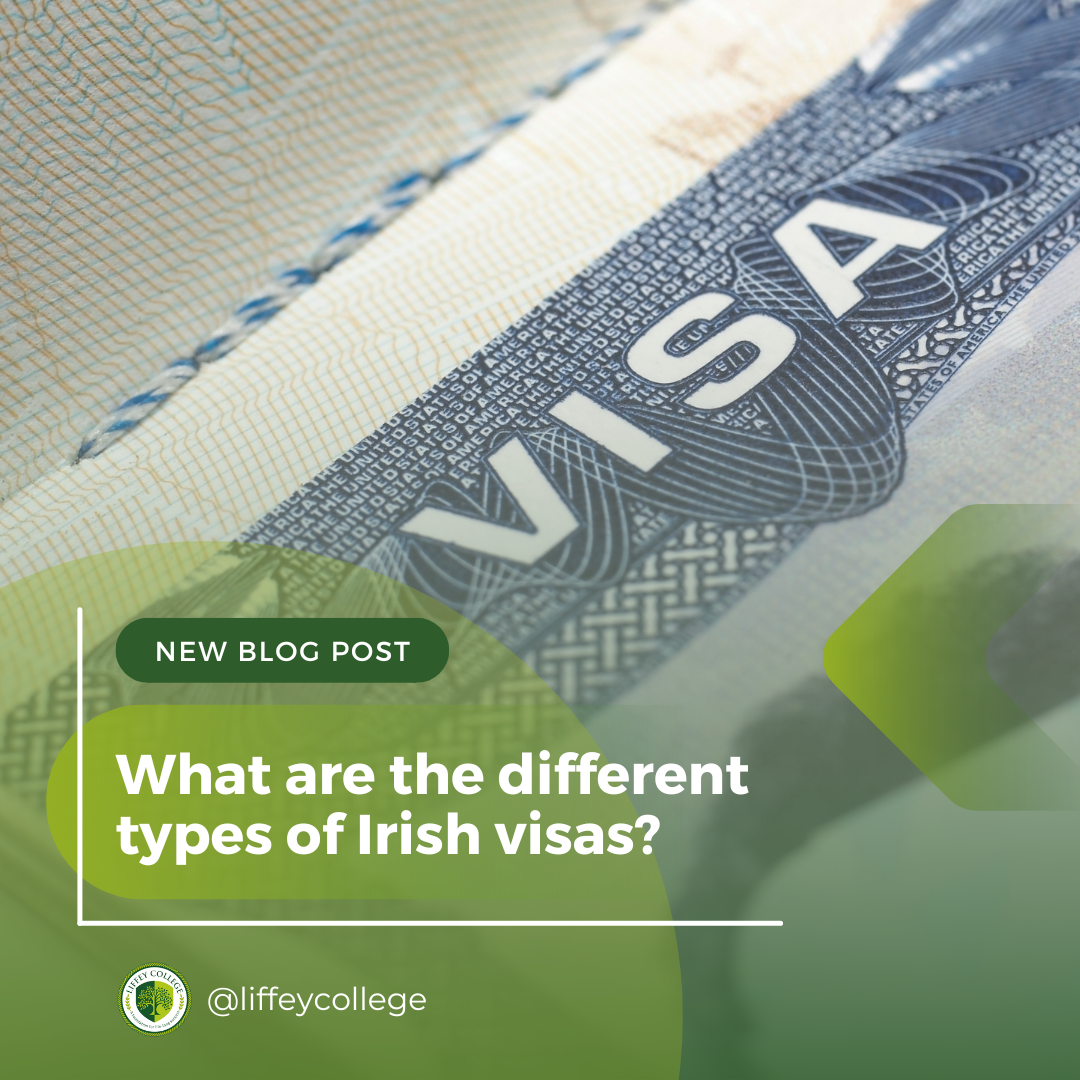Are you looking for a visa to enter, live, travel, or work in Ireland? Read more in this Blog Post about the types of Irish visas you can apply for.
If you want to visit Ireland and are from a non-EEA country, you will need to apply for a visa ahead of time. The visa application process can be complicated, and the requirements, fees, waiting times, and documents required will differ depending on the specific category best suited to your circumstances. Irish visa applications, like those of most other countries, are not simple. They can be complicated, requiring large amounts of information to be submitted, and any errors in your application can result in costly delays.
SHORT-STAY IRISH VISAS
- Short Stay Visas
There are a number of visa types within the short-stay category. All of these visas are issued for 90 days or less. There are restrictions attached to each visa, and you should take care to abide by the conditions of entry.
- Tourist visa
This visa allows visitors to travel to Ireland and stay for up to 90 days for the purposes of tourism and some short-term study courses. You are not permitted to undertake work (either paid or unpaid) or use publicly funded services. Depending on your country of origin and nationality, you may be able to use a Tourist visa to move between Ireland and the UK.
- Business visa
You may travel to Ireland for up to 90 days for some permitted business activities relating to your employment.
The activities include attending meetings, negotiating or signing agreements or contracts, or working in some forms for 14 days or fewer. You may not work for longer than 15 days or rely on Irish public services (e.g., hospitals).
- Family or friends visa
This visa category has been designed for non-Irish residents with family or friends living in Ireland. The purpose of the visa is to allow individuals to visit for up to 90 days. As well as adhering to all conditions of short-stay visas, it is also a requirement to demonstrate that you have strong ties to your country of origin and will not overstay your visa.
- Marriage visa
If you wish to come to Ireland to marry your partner (or enter into a civil partnership), you may be eligible to apply for a marriage visa. There are specific eligibility criteria for those who may apply for this visa. Before applying, you must first have received acknowledgement from the Registrar of Civil Marriages in Ireland confirming that you have submitted an official notification of your intention to marry. Your partner must be an Irish citizen or have valid settlement status. You are not permitted to stay longer than 90 days, but you can apply for a Spouse visa.
LONG-STAY IRISH VISAS
- Long Stay Visas
Long-stay visas have been designed for individuals who wish to come to Ireland for longer than 90 days. This category of visa encompasses student, family, partner, employment, and other forms of visa. Some applicants may be able to use time spent in Ireland on a long-stay visa as part of their application for Irish citizenship.
- Study visa
This visa is for non-EEA students who wish to come to Ireland for a period of study lasting longer than 90 days.
If you wish to study in Ireland, you must secure your place in a full-time course on an eligible course. You will receive a Stamp 2 to add to your passport. It is possible to work in Ireland with some form of Study visa.
- Join a family member visa
For non-EEA individuals who wish to join their Irish family members, this may be an appropriate immigration route. It is a condition of stay that the Irish family members are either citizens or lawfully residents.
This visa category can include family reunification cases but is not relevant to EU citizens or applications from refugees or people granted some form of humanitarian protection.
- Employment visa
To apply for an employment visa, you must first obtain an employment permit from the Department of Jobs, Enterprise & Innovation. There are a number of different employment permits that you can apply for, including critical skills employment permits and other work permits.
- Minister of religion visa
This visa enables eligible candidates to come to Ireland to undertake certain forms of religious work. It is usually granted for one year, and up to a maximum of three years. The role must match the criteria for Minister of religion work outlined in the immigration rules. It is possible to do some forms of voluntary work, study, and bring dependents (if eligible).
Study, Live & Work in Dublin!
Support yourself during your studies with a part-time job. Work 20 hours per week (and up to 40 hours during certain months of the year) to support yourself while you study. There are plenty of job opportunities in Dublin, particularly in customer service and hospitality.
Come and join the Liffey College family. Start the next chapter of your story today.
Liffey College; ENGLISH FOR EVERYONE!

 Learner
Learner Tutor
Tutor  Agent
Agent 
